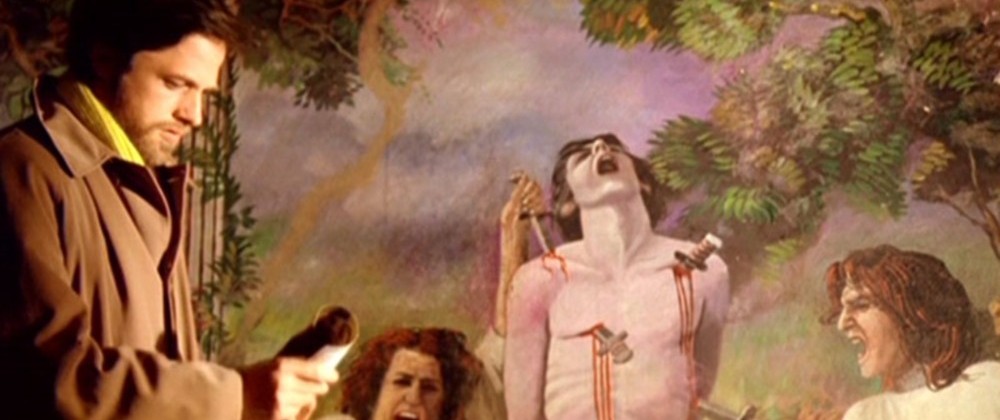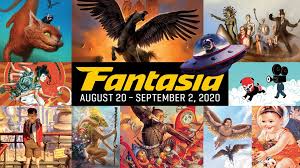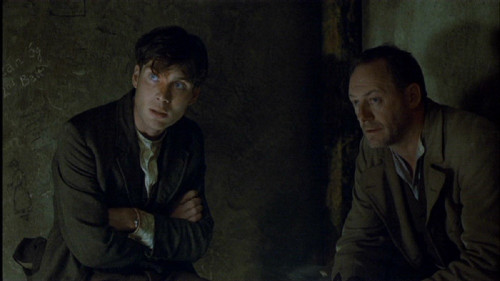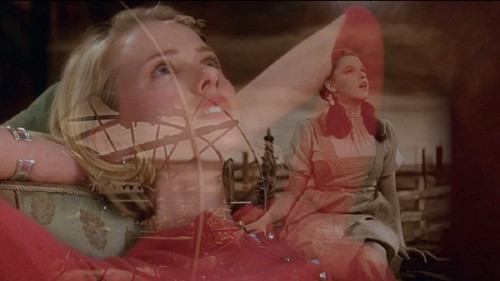Volume 14, Issue 1 / January 2010
Popular Cinemas
In this issue
-

Do genres in the cinema really exist and if so, can they be defined?
-
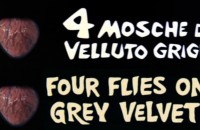
Giallo (2009) vs. Four Flies on Grey Velvet (1971)
A Contrast Across Time
-
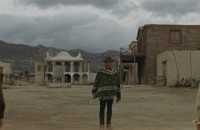
European Western vs. American Western
-

Cinematic Nostalgia and Blue Nights: On Jean Rollin’s Two Orphan Vampires
-
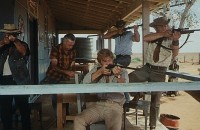
Singularities: The 2010 Palm Springs International Film Festival
In this, the first issue of 2010, Offscreen focuses on popular cinema, or what is commonly defined as genre cinema. While most mainstream viewers associate popular cinema with Hollywood and art cinema with Europe, the reality is quite something else. Many European nations, like Italy, France, Spain and Germany (not to mention, of course, many Asian nations), have been producing great genre films since the 1950s. Therefore, and not by any design, three of the four essays that make-up this component of the issue hail from Europe (two from Italy, one from France). Setting the table is Roberto Donati’s think piece, “Do Genres in Cinema Really Exist, and If So Can they be Defined,” which serves as a primer on genre theory and argues that, while necessary from both a theoretical and practical standpoint, defining when a film is or isn’t a particular ‘genre’ can be very elusive. Up next is a reflection on the creative decline of Dario Argento, once one of the most innovative popular directors going but who has struggled in recent years to rekindle his ‘magic.’ Totaro’s essay looks back at Argento’s Four Flies on Grey Velvet to speculate on some potential reasons behind his decline. Alireza Vahdani continues with Italy, and provides an in-depth comparative analysis of the Italian Western (commonly referred to as spaghetti western) and its more traditional American variant. The final essay on popular cinema switches the focus over to France, and one of its most esoteric genre filmmakers, the ‘artisan surrealist’ Jean Rollin. Often reduced to their baser elements (nudity, sexuality, violence) by exploitation fans, Laperrière treats Rollin’s films as genuine surrealist articles. The issue concludes with a report on the Palm Springs International Film Festival by respected film scholar Virginia Wright Wexman. Offscreen is happy to have Wexman on board and has already planned a follow-up report on the Sundance film festival. Given the subject of this issue’s focus, I would like to highlight a recent book by one of the authors in this issue, Roberto Donati’s excellent study (with an emphasis on study) of one of the greatest genre directors ever, Sergio Leone. Donati’s book Sergio Leone: L’America, la nostalgia e il mito (Sergio Leone: America, nostalgia, and mythology) is split between an intelligent close textual analysis of three films which he identifies as being part of a ‘trilogy of time,’ Once Upon a Time in the West, Duck You Sucker, and Once Upon a Time in America, and interviews with fourteen people who worked with or wrote about Leone. For more detail about the book, check the notice in the ‘Events and Releases’ section. (ed. Donato Totaro)

